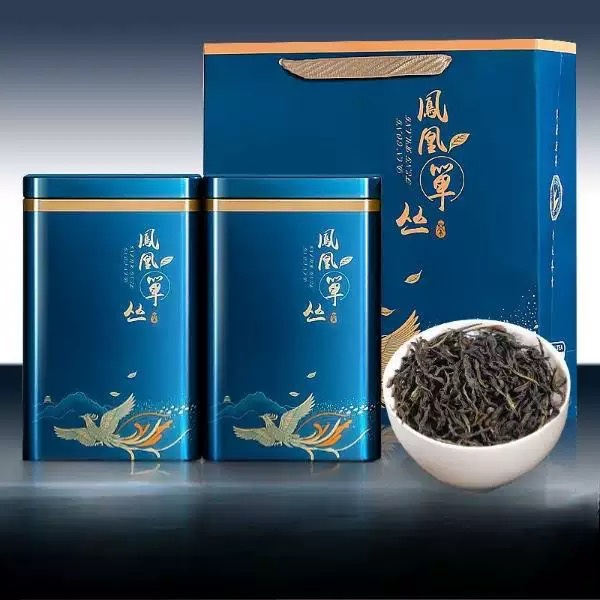
# The Fragrant Essence of Oolong Tea
Discovering the Unique Aroma of Oolong Tea
The world of tea offers an incredible variety of flavors and aromas, but few can compare to the distinctive fragrance of oolong tea. This partially oxidized tea, sitting beautifully between green and black teas in terms of processing, develops a complex aromatic profile that has captivated tea enthusiasts for centuries.
The Science Behind the Scent
Oolong tea’s aroma comes from a fascinating combination of factors. During the partial oxidation process (typically between 10-70%), chemical compounds in the tea leaves transform, creating new aromatic molecules. The most notable include:
- Floral compounds like linalool and geraniol
- Fruity esters that develop during oxidation
- Roasted notes from the final firing process
Keyword: Aroma of Oolong Tea
Regional Variations in Oolong Aromas
Different oolong-producing regions create teas with remarkably different aromatic profiles:
Taiwanese Oolongs
High mountain oolongs from Taiwan often exhibit fresh, floral aromas with notes of lilac and orchids. The cool mountain air and specific cultivars contribute to these delicate fragrances.
Fujian Oolongs
From China’s Fujian province come the famous Tieguanyin and Da Hong Pao oolongs. These typically offer more roasted, mineral aromas with hints of stone fruit and honey.
Brewing for Optimal Aroma
To fully appreciate oolong tea’s fragrance:
- Use freshly drawn spring water at about 195°F (90°C)
- Preheat your teaware to maintain temperature
- Use approximately 1 teaspoon per 6 oz of water
- Steep for 2-3 minutes for the first infusion
The aroma will evolve beautifully over multiple steepings, revealing different layers of its complex character.
The Art of Savoring Oolong’s Aroma
Before tasting, take a moment to inhale the tea’s bouquet deeply. Professional tea tasters use special aroma cups to concentrate the fragrance. Notice how the scent changes as the tea cools – you might detect new subtle notes emerging.
The aroma of oolong tea is more than just a pleasant smell; it’s an integral part of the tea experience that tells the story of its origin, processing, and the skill of its makers. Each inhalation offers a journey through mountains and tea gardens, captured in a single, fragrant cup.
